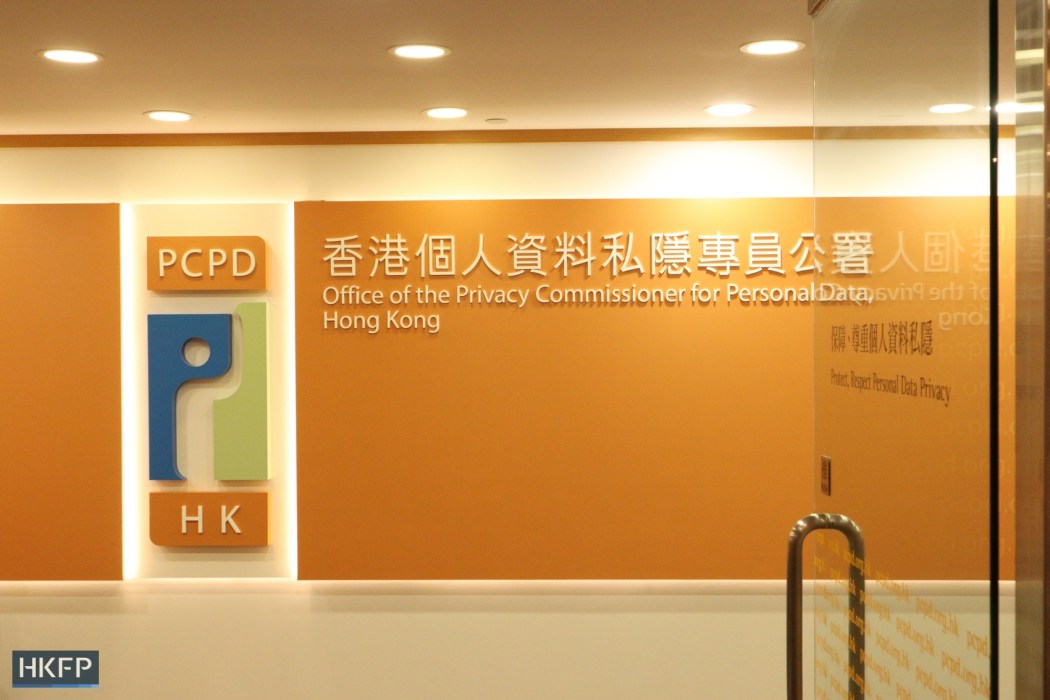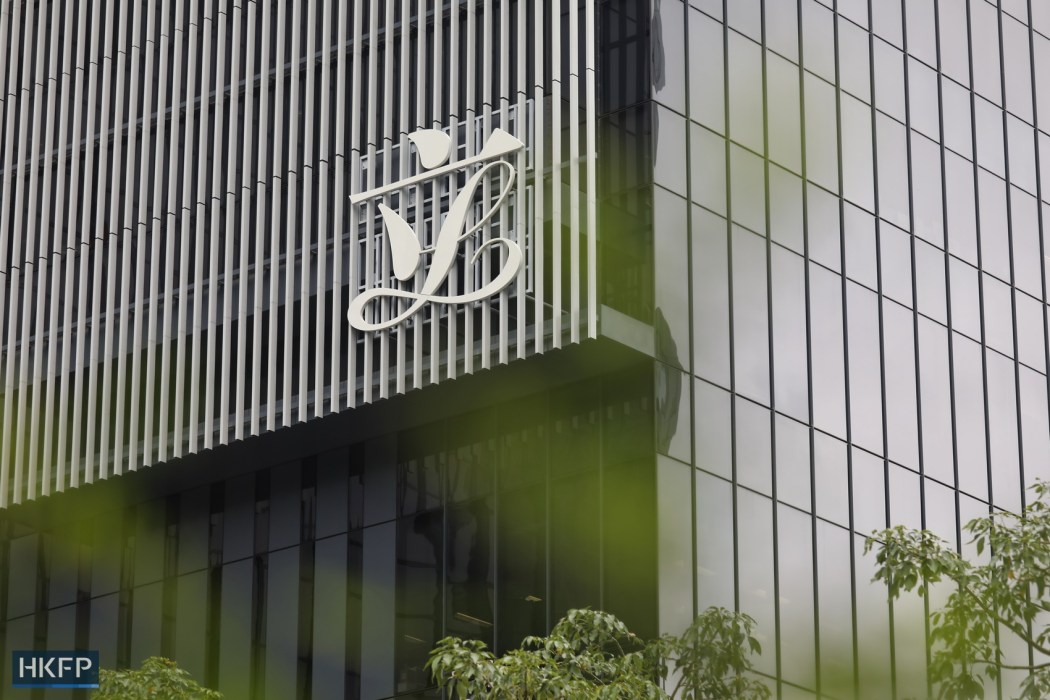Two landlords aged 40 and 42 have been arrested by Hong Kong’s privacy watchdog for allegedly posting personal information about unsatisfactory tenants on social media, along with derogatory comments.

According to a statement by the Office of the Privacy Commissioner for Personal Data, the 40 year-old leased a residential unit to a man for two months before terminating the tenancy over rental disputes in September 2022.
The personal data of the tenant, including his Chinese and English names, partial HKID card number, workplace and the name of his employer, were later twice shared with a group on social media, along with negative comments.
The 42 year-old is suspected of disclosing the name, partial HKID number, date of birth and occupation of his own tenant to the same online group along with negative comments on four occasions between November 2022 and February this year.
The lease was terminated in January this year due to disagreements.
The two landlords were arrested on Hong Kong Island by the office on Thursday and are currently in custody. Investigations are continuing.

On Wednesday, a 36-year-old Hong Kong woman was handed a two-month suspended sentence over the doxxing of an alleged scammer. It was the city’s third doxxing conviction after the anti-doxxing law was implemented in October 2021.
Disclosing personal data without consent, with the intention of causing psychological harm, is punishable by up five years in jail and a HK$1 million fine.
According to the watchdog’s report published last month, it handled over 2,100 doxxing cases, initiated 114 criminal investigations and arrested 12 suspects under the new law as of the end of last year. Half of the cases were related to monetary disputes, a quarter involved work disputes and 17 per cent were sparked by relationship problems.
Under the new law, the authority may access an electronic device without a warrant under “urgent circumstances,” though entering and searching premises still requires a warrant.

The legislation was proposed following a surge in doxxing cases during the months-long anti-extradition bill unrest in 2019. The privacy watchdog said over 5,700 complaints were recorded between June 2019 and May 2021 involving police officers and their family members, as well as supporters of the government and of the force.
Protests erupted in June 2019 over a since-axed extradition bill. They escalated into sometimes violent displays of dissent against police behaviour, amid calls for democracy and anger over Beijing’s encroachment. Demonstrators demanded an independent probe into police conduct, amnesty for those arrested and a halt to the characterisation of protests as “riots.”
Correction 9/3/23: A previous version of this article incorrectly stated that the case was the second doxxing conviction in Hong Kong. It was, in fact, the third. We regret the error.
Support HKFP | Policies & Ethics | Error/typo? | Contact Us | Newsletter | Transparency & Annual Report | Apps
Help safeguard press freedom & keep HKFP free for all readers by supporting our team

LATEST FROM HKFP
HKFP has an impartial stance, transparent funding, and balanced coverage guided by an Ethics Code and Corrections Policy.
Support press freedom & help us surpass 1,000 monthly Patrons: 100% independent, governed by an ethics code & not-for-profit.










